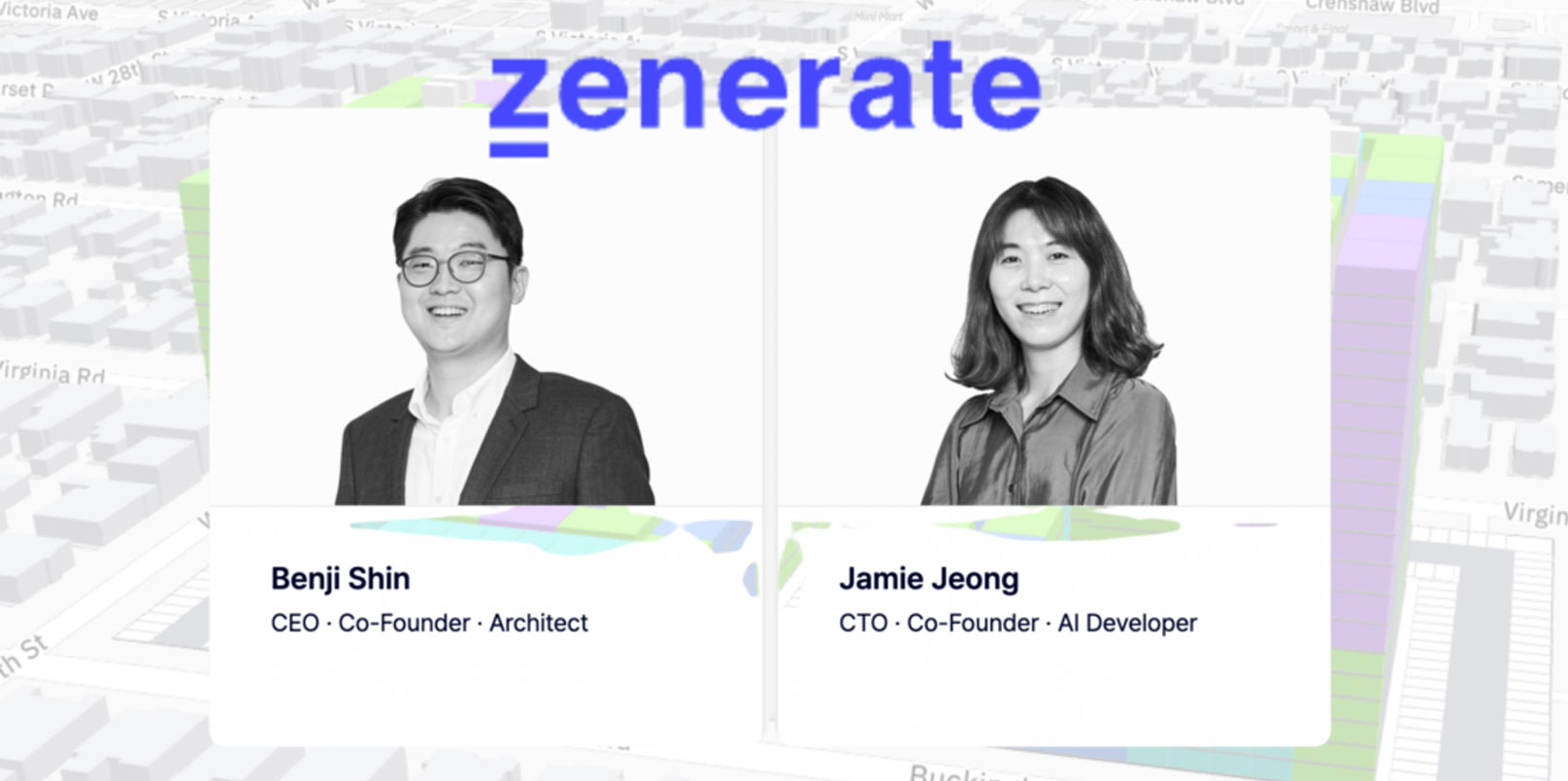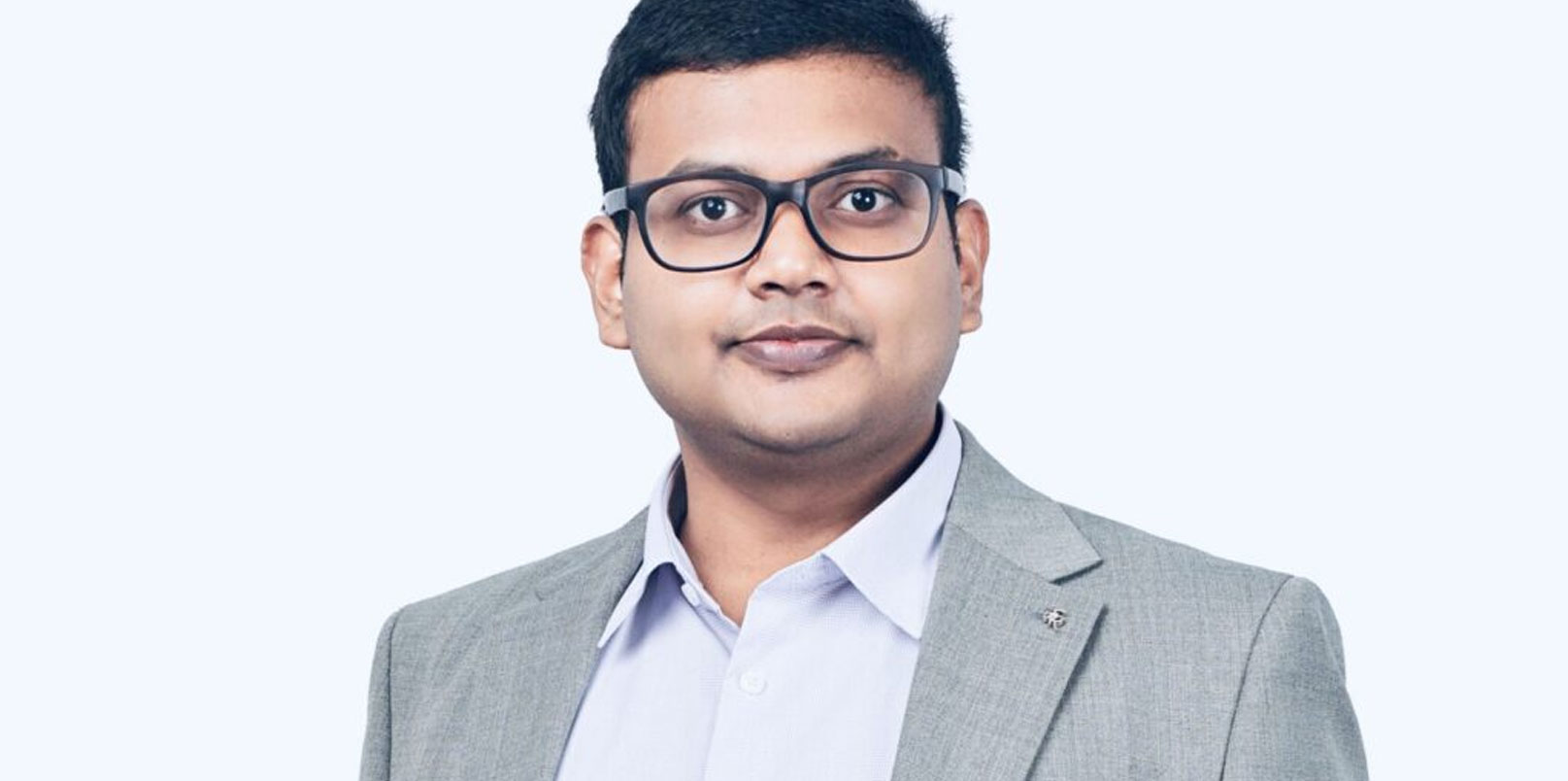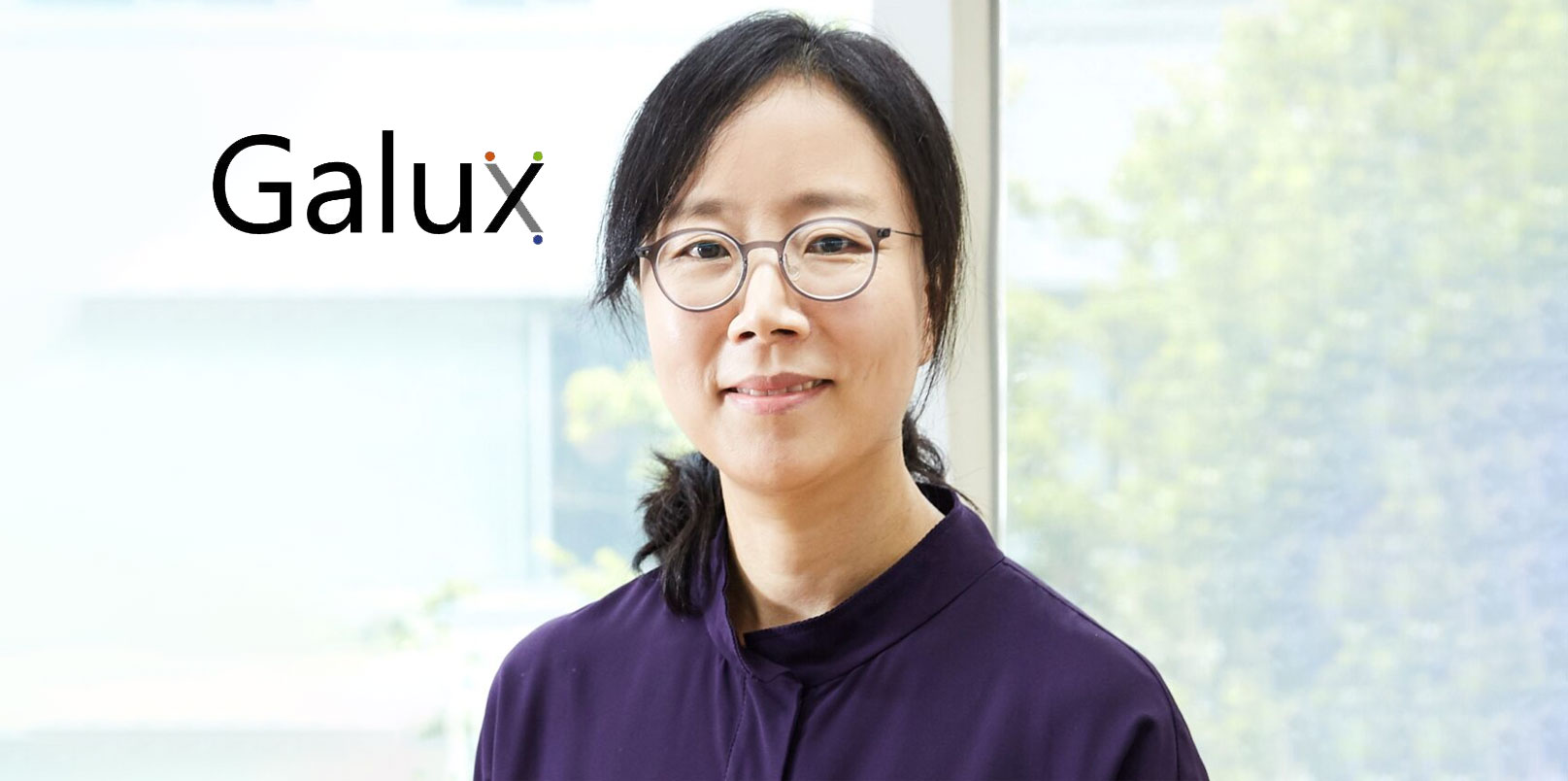David Cohen, the Founder and co-CEO of Techstars, has been an entrepreneur and investor for his entire life. He has founded several companies and has invested in hundreds of startups such as Uber, Twilio, SendGrid, FullContact, and Sphero. In total, these investments have gone on to create more than $80 billion in value.
Prior to Techstars, David was a co-founder of Pinpoint Technologies, which was acquired by ZOLL Medical Corporation (NASDAQ: ZOLL) in 1999. Later, David founded earFeeder, a music service that was sold to SonicSwap.
David is the co-author (with Brad Feld) of Do More Faster; Techstars Lessons to Accelerate Your Startup. David enjoys reading non-fiction books and playing tennis.
David Cohen had a talk with koreatechdesk.com regarding investment philosophy, startups and success.
1. What background and domain expertise do you have and what made you become an investor?
I’ve had one job interview in my life, and I got that job. Then I decided to start creating companies. Techstars is my fourth startup, and it’s now more than ten years old. Of my previous three companies, I’ve had two successful exits and one failure. After my first company sold to a public company, I started making angel investments. When I was thinking about what I wanted to do next, in 2007, Techstars was the answer. It would enable me to invest while doing what I loved – focusing on the early stage of several companies at a time.
2. As an investor, what kind of startups have you invested in and how did you find those startups to invest in?
To date, I’ve invested in almost 1,800 companies, mostly through Techstars. I always focus on the founders themselves, and their vision for the future.
3. What would be the core factors that make you decide to invest in those particular companies?
The founders I invest in are connected to the problem they’re trying to solve. They see the future in a certain way and are internally motivated to make it happen.
4. What is the investment range of your company and in a typical year, how many startups do you invest in? And do South Korean-headquartered startups have a chance to get investment from you?
It varies a bit, but Techstars invests about $100,000 in more than 400 companies annually at this point, in 13 countries and 31 cities where we operate our accelerator programs. While we don’t currently operate an accelerator in South Korea, we certainly hope we can make investments there in the future and we have invested in some South Korean companies over the years who attended our accelerators in other locations.
5. What are the main factors that startups fail as per your experience and how can they prevent mistakes in advance from your personal perspective?
There are too many reasons to list for failure. But a common one is that they don’t have the networks of people around them to help them avoid mistakes, get the mentorship they need, and to help them with introductions to investors, corporations, and talent. This is why we built Techstars, which is the worldwide network that helps entrepreneurs succeed.
6. What’s your advice to entrepreneurs who have a chance to meet investors like you and what are the top 3 questions that you always ask founders?
Just be yourself. Know your market, your opportunity, and your numbers. Share your “why” – help us understand what’s really driving you to do this. We want to understand why you were put on this earth to create this company.
7. What’s your general thought about the term “global” and what are the important factors for Korean startups to consider for a US expansion?
Again, you’ll need networks to help you enter global markets. This is once again why we are focused on creating a worldwide network. This is a resource and advantage for founders.
8. As you know, our company name is “beSUCCESS”, what’s your definition of the term “success” as an investor or as an individual human being?
Success is up to you as an individual. It means whatever it means to you. If you work with investors, you should be aligned on what success means to both of you!
9. What are the one or two things that you would do differently if you could go back to 10 years ago?
Nothing. I don’t think one should ever look back. I feel very fortunate to be where I am today and doing what I love. I wouldn’t change a thing. Focus on what you can control, and that, for now, is only the future.
10. When you have a chance to come to Korea next time, what kind of Korean entrepreneurs and startups do you want to meet?
All of them. I hope to see you at a Techstars Startup Weekend or Techstars accelerator program soon!





